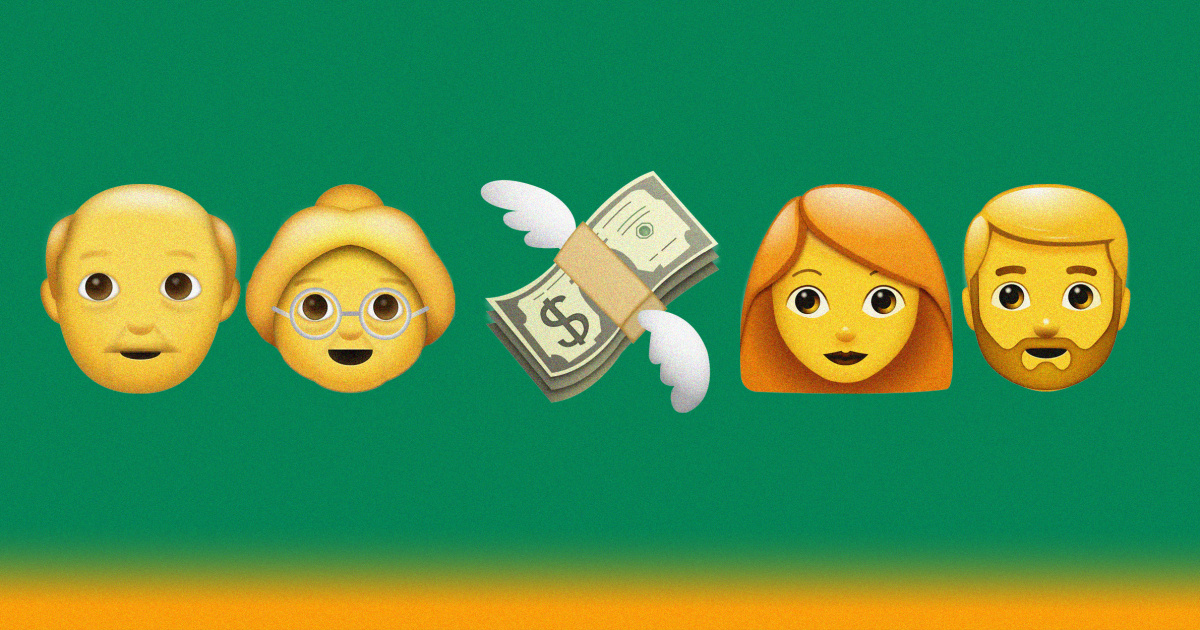Experts say baby boomers will give more than $50 trillion to their heirs. But for many, health care costs will claim the bulk of that wealth.
The story goes that baby boomers are going to give tens of trillions of dollars to their heirs over the next few decades.
The “generational wealth transfer” has become a media fascination, both for its eye-popping size and because it might help younger generations as they face doubts about their financial security.
That shift is already in the works, and will continue for a couple of decades. According to wealth management firm Cerulli Associates, some $53 trillion will be passed down from boomers to their Gen X, millennial and Gen Z heirs, as well as to charities. That includes both gifts during their lifetimes and inheritances afterward.
But the overwhelming cost of health care for older people means most people in those later generations won’t inherit much, even if their elders seem well-off today.



Thank you every piece of shit asshole that bucks against the idea of universal healthcare. Fuck you a billion times over. Price gouging out of control capitalist bullshit
That has nothing to do with capitalism. Germany and UK are pretty capitalist (probably more capitalist than US) and yet they either have a functioning private medicine or a completely nationalised one.
Lol “it’s not capitalism, because a nationalized healthcare is capitalism”
The profit motive of capitalist controlled entities is completely capitalism; it’s basically a textbook case of capitalism. Don’t fool yourself by saying the countries with more socialized healthcare are somehow more capitalist to the one that doesn’t.
Wut?
Germany and the UK are demonstrably less capitalist than the US, both because they are social democracies with large, taxpayer-funded social welfare systems, and because their economies are significantly more regulated by both state policies and widespread labor unions.
I disagree.
What an informative and well-argued counterpoint.
There’s rarely a point in arguing with people with crazy ideas like you have here, but ok.
European regulations tend to protect consumers, while American regulations tend to protect monopolies. Consumer protection doesn’t mean less capitalism, it actually promotes healthier competition.
Corporate protection does the opposite - it protects established market players from newcomers.
Based on?
Their feelings ¯\_(ツ)_/¯
Shit, more than I was expecting lol.
Replied above.
Regulations are inefficiencies, because corporations with profit motive will of course make good decisions for everyone
They do it all the time.
On a scale from 1 to 10 how delusional are you?
69